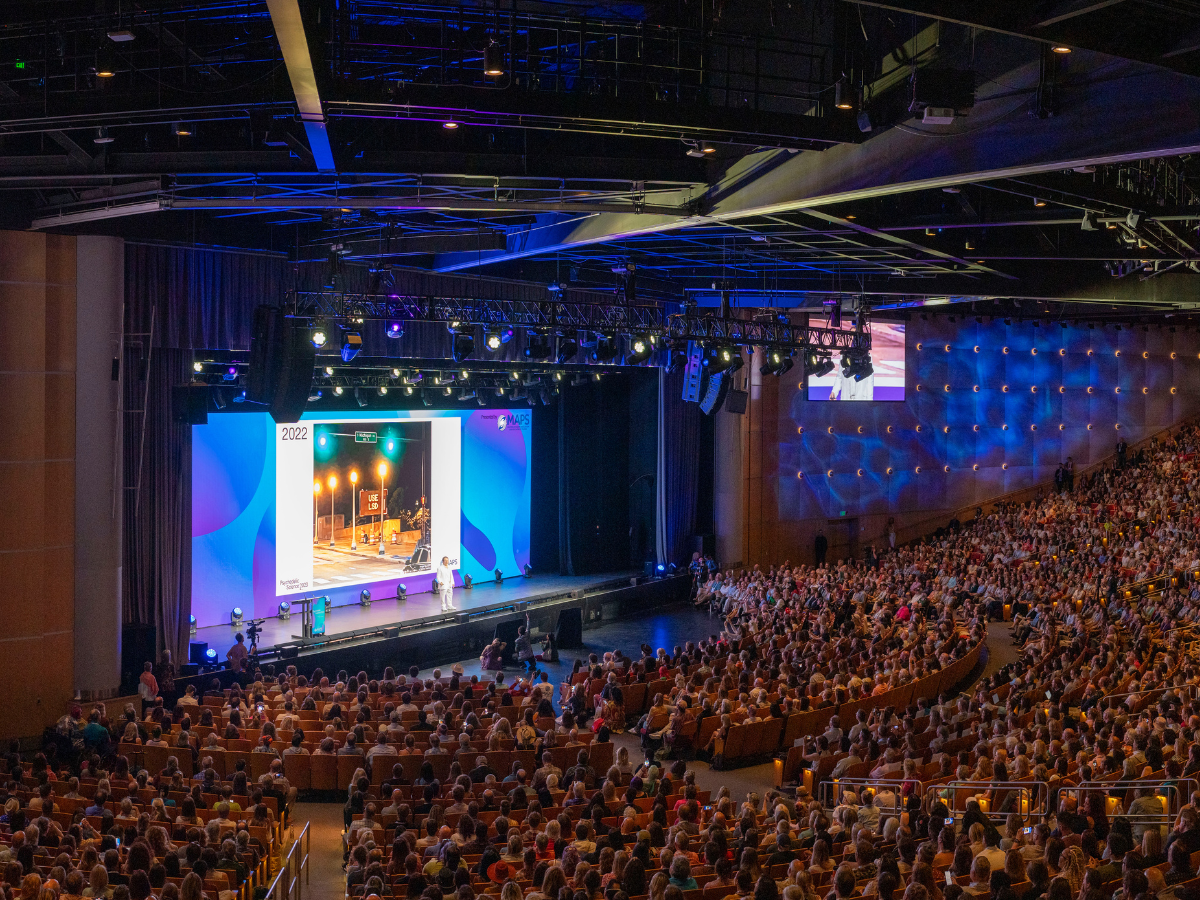Psychedelic Science 2025: A Ceremony Disguised as a Conference
Reflections on Wisdom, Leadership, and What It Means to Belong
There are conferences—and then there are gatherings that change you. Psychedelic Science 2025 was the latter.
Yes, there were talks. Yes, there were panels. Yes, there was data. But beneath the surface of science and statistics was something far more human, far more essential. It felt like ceremony. A living, breathing reminder of what this movement is actually about: reverence, responsibility, and remembering how to be in right relationship—with the earth, with each other, and with the medicines themselves.
Here are the three themes that pulsed through the heart of the experience for me:
Indigenous Wisdom
These plants are a respected foundation in the lives of indigenous individuals, and stories of their use have been passed down through families over hundreds of years. Amidst the venture capitalists, policymakers and research slides, a quieter but deeper wisdom echoed through the halls: Do not forget where these medicines came from— respect the land.
Respect the land and the plants. Indigenous wisdom is medical history. It is sacred and special storytelling, not an aesthetic to be appropriated for spiritual equity or a resume.
Rick Williams (Ogala Lakota/Cheyenne) founder and executive director of the People of the Sacred Land, a Colorado nonprofit, made a stark, grounding point in the opening plenary session in regards to some seeing his people as “uncivilized society” —
“Civilized people take care of what sustains them.”
The original stewards of plant medicine—Indigenous elders and communities—have always known what Western science is only beginning to understand: that set, setting, spirit, and land are inseparable. That these medicines are not just what you ingest—it’s how you approach them, how you honor them, and how you carry their insights and your own healing forward.
The message from elders was clear:
Western science is welcome, but westerners can not and should not dissect sacred substances like cadavers in a lab. As one elder put it, “Come in through the front door, not the windows”. Westerners were encouraged to remember the living essence of all things and help protect what is still pure. This means supporting land rematriation, reinvesting in Indigenous communities, and setting up systems and programs that allow ancestral knowledge to lead the future rather than be drowned and dismissed within it.
Heart-Centered Leadership in a Time of Collapse
In an era where power often looks like ego, corruption, and exploitation, it was deeply humbling to witness leadership done differently.
Many of the people guiding this field forward—researchers, facilitators, teachers, and elders—are not just brilliant minds, but good humans. You could feel it in their presence. They weren’t here to sell a brand or scale a product. They were here to serve to protect, to move toward a responsible and sustainable future with open hearts and steady hands.
They are modeling what leadership should look like, given the critical importance of these medicines:
Grounded in values and humility
Informed by data and wisdom
Willing to admit complexity
Willing to grow, apologize, and realign when necessary
This kind of leadership is rare anywhere. But in this space, it’s non-negotiable.
Community, Connection & Collective Regulation
And then there was us. The attendees. The wanderers, the seekers, the clinicians, the visionaries, the exhausted healers, the curious skeptics, the wide-eyed newcomers. We came for knowledge—and we left with connection.
We cried in sound immersion rooms, surrendered in breathwork, and shared quiet moments over tea that turned strangers into soul family. Even amidst the noise and overstimulation of a major event, there was a surprising level of nervous system awareness. We weren’t just there to learn—we were invited to feel. To listen to our bodies, rest when needed, and to come back to ourselves. There was something profoundly healing about that.
This work isn’t just about psilocybin or ketamine or MDMA. It’s about becoming more whole. And wholeness doesn’t happen alone. It happens in community.
Bonus Personal Highlight: Meeting Leonard Pickard
There are moments that split time in two. For me, one of them was meeting Leonard Pickard.
To call him brilliant would be an understatement. His intellect is staggering. But what struck me more was his generosity, his warmth, and his presence. For someone whose story reads like a psychedelic epic—equal parts tragedy and transcendence—his heart remains open, soft, sharp and wise.
If you know, you know.
If you don’t, go find out.
You won’t forget him, and I promise you’ll be better for it.
Final Reflections:
This wasn’t just an event—it was a reminder
A reminder to work with reverence, to lead with integrity and to weave community like our lives depend on it—because for many, they do.
We are still developing the bridge between science and spirit, trauma and repair, extraction and regeneration. May we walk gently, lead bravely, and stay true to the point.
With humility, awe, and a full heart,
Gianna Biscontini
Founder, EXPANDED

